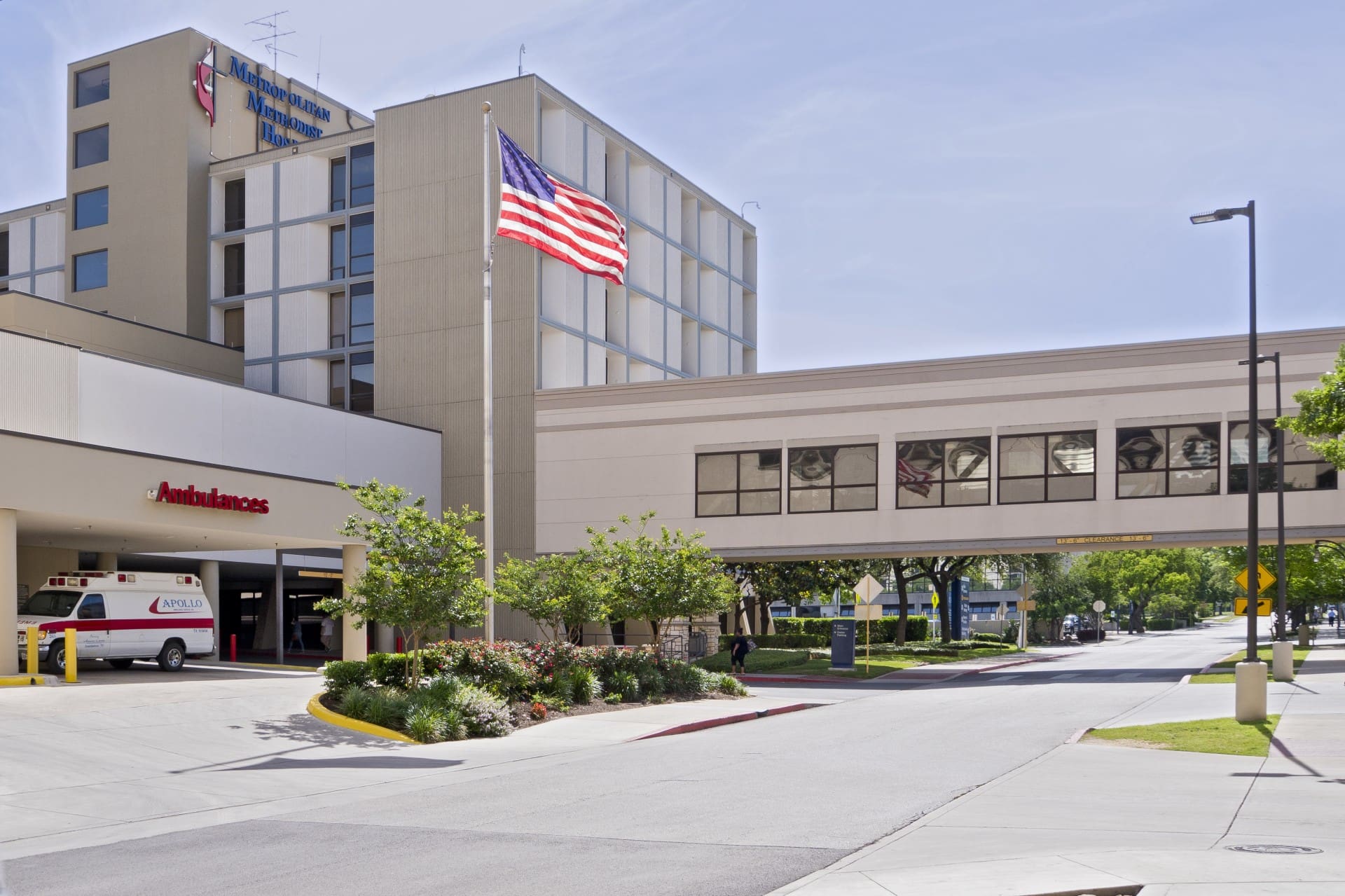- (210) 359-0051
- Patient Portal
- Español
Menu
Close
- Get Started
- Weight Loss Options
- General Surgery
Colorectal & Abdominal Surgery
Dialysis Access Surgery
Endocrine / Thyroid Surgery
Gallbladder & Biliary Surgery
GI Surgery
Skin & Soft Tissue Surgery
Hernia Surgery
Oncology & Special Surgery
Many of these procedures are Robot Assisted
- Conditions
Colorectal & Abdominal Conditions
Gallbladder & Biliary Conditions
Gastrointestinal (GI) Conditions
Endocrine / Thyroid Conditions
Skin & Soft Tissue Conditions
- Patient Resources
- Get Started
- Weight Loss Options
- General Surgery
Colorectal & Abdominal Surgery
Dialysis Access Surgery
Endocrine / Thyroid Surgery
Gallbladder & Biliary Surgery
GI Surgery
Skin & Soft Tissue Surgery
Hernia Surgery
Oncology & Special Surgery
Many of these procedures are Robot Assisted
- Conditions
Colorectal & Abdominal Conditions
Gallbladder & Biliary Conditions
Gastrointestinal (GI) Conditions
Endocrine / Thyroid Conditions
Skin & Soft Tissue Conditions
- Patient Resources

